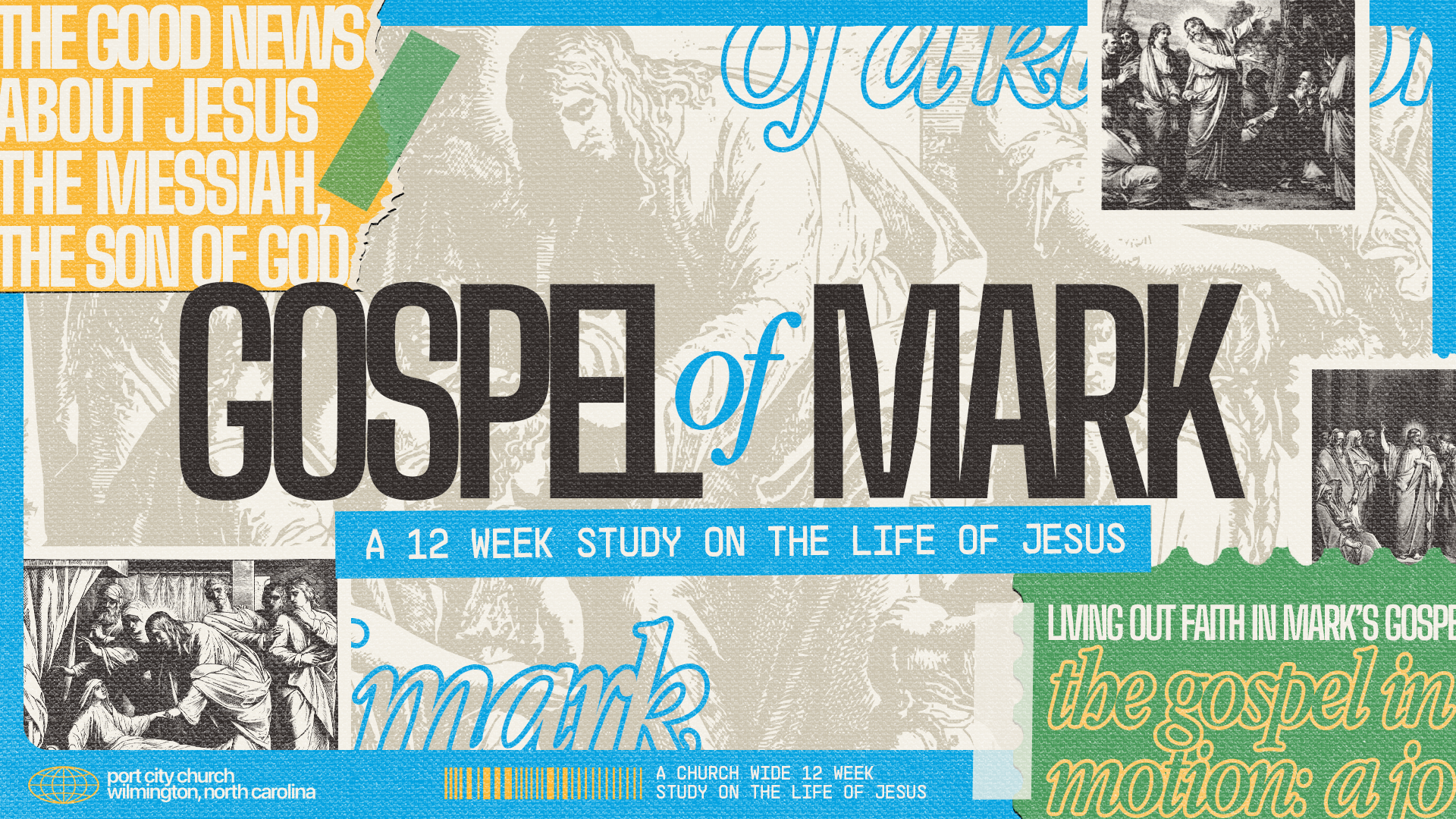Limited Box
READ
In today’s passage, Jesus faces yet another challenge from religious leaders – this time from a group called the Sadducees.
Let’s take a moment to read Mark 12:18-27:
Then the Sadducees, who say there is no resurrection, came to him with a question. “Teacher,” they said, “Moses wrote for us that if a man’s brother dies and leaves a wife but no children, the man must marry the widow and raise up offspring for his brother. Now there were seven brothers. The first one married and died without leaving any children. The second one married the widow, but he also died, leaving no child. It was the same with the third. In fact, none of the seven left any children. Last of all, the woman died too. At the resurrection whose wife will she be, since the seven were married to her?”
Jesus replied, “Are you not in error because you do not know the Scriptures or the power of God? When the dead rise, they will neither marry nor be given in marriage; they will be like the angels in heaven. Now about the dead rising—have you not read in the Book of Moses, in the account of the burning bush, how God said to him, ‘I am the God of Abraham, the God of Isaac, and the God of Jacob’? He is not the God of the dead, but of the living. You are badly mistaken!”
REFLECT
What makes this encounter interesting is that the Sadducees didn't believe in the resurrection of the dead. They only accepted the first five books of the Bible (the Torah) and rejected the idea of life after death. So they come to Jesus with what they think is a clever riddle designed to make the whole concept of resurrection look ridiculous. They describe a scenario where seven brothers, one after another, marry the same woman after each brother dies childless. The story is based on a real Jewish custom, where a man was expected to marry his brother's widow if the brother died without children. This protected the widow and preserved the family line.
Their question seems designed to stump Jesus: "At the resurrection, whose wife will she be, since all seven were married to her?" You can almost hear the smugness in their voices – they think they've proven how absurd the idea of resurrection must be.
Jesus' response is both gentle and profound. He starts by identifying the root of their confusion: "Are you not in error because you do not know the Scriptures or the power of God?" This diagnosis applies to many of our misunderstandings about faith. We either don't truly know what scripture teaches, or we underestimate what God can do – often both.
Then Jesus completely reframes their thinking about resurrection: "When the dead rise, they will neither marry nor be given in marriage; they will be like the angels in heaven." The Sadducees' mistake was imagining heaven as simply a continuation of earthly life with all the same arrangements. Jesus reveals that resurrection life transcends our current categories and limitations.
This doesn't mean marriage isn't important – Jesus affirmed its value elsewhere. Rather, it suggests that the intimacy, security, and belonging we find in marriage will be fulfilled in even deeper ways in God's kingdom. The deep human needs that marriage addresses in this life will be met in new ways in the resurrection.
Jesus doesn't stop there. He addresses the Sadducees on their terms, using the Torah (the only part of Scripture they accepted) to demonstrate resurrection. God told Moses at the burning bush, "I am the God of Abraham, the God of Isaac, and the God of Jacob" – not "I was their God." This present-tense language implied their continued existence. "He is not the God of the dead, but of the living," Jesus concludes.
There's something beautiful about this insight. God defines Himself in relationship to people. The Creator of the universe chooses to be known as "the God of Abraham, Isaac, and Jacob." Our relationships with God aren't temporary arrangements that end at death but eternal bonds that continue beyond the grave.
This passage invites us to expand our imagination about resurrection life. We often ask specific questions about heaven – Will I recognize my family? What will we do there? These aren't wrong questions, but they might miss Jesus' main point: resurrection is grounded in relationship with the living God. The Sadducees' error wasn't just theological – it was relational. They missed that the God who forms bonds with humans doesn't abandon those connections at death.
The Sadducees tried to fit God's plans into the limited box of their understanding. But God's reality is bigger than our boxes. The same is true for us today – we often try to reduce God's truth to fit our limited perspective rather than allowing our minds to be expanded by his revelation.
RESPOND
Take a moment to process what God might be leading you to do in light of what you read.
Where might you be putting God or his promises in a box of your own making? Are there areas where you've limited what you believe God can do based on your own understanding or experience?
REST
Take a moment to rest in God’s presence and consider one thing you can take away from your time reading, then close your devotional experience by praying:
Living God, thank you for being the God of relationship, the God who knows me by name. Expand my understanding beyond the boxes I've created and help me trust both your Word and your power. Thank you that death does not have the final word and that you are preparing a future for your people that exceeds our imagination. In Jesus' name, amen.

